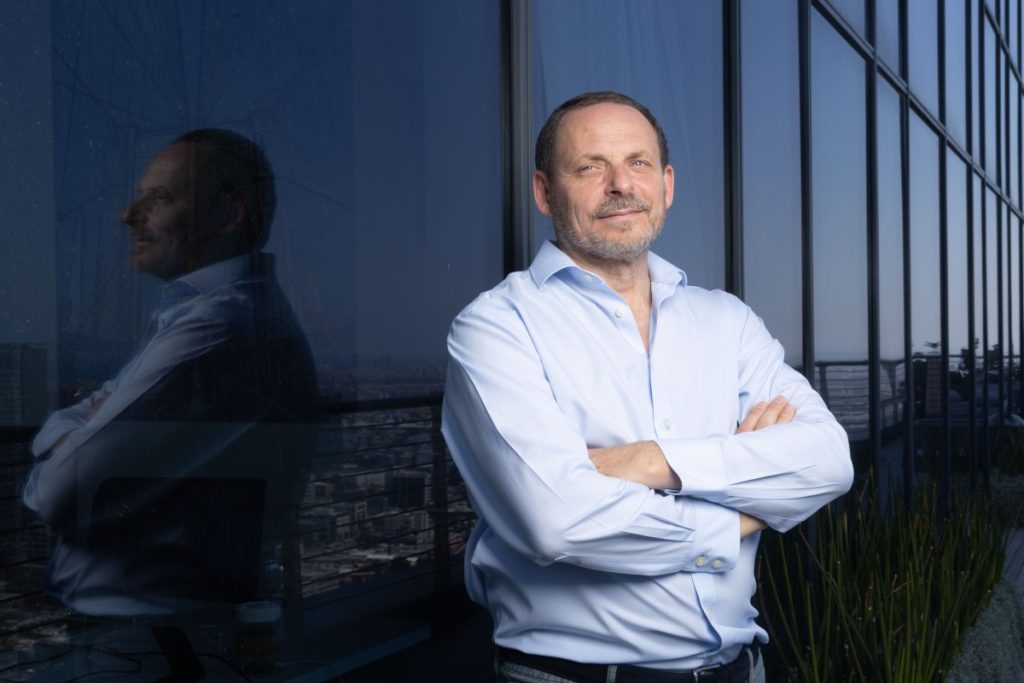Unveiling Nebius The AI Startup Redefining Public Markets

On October 21, a new ticker, NBIS, quietly made its entrance on Nasdaq. This marked the debut of Nebius, an innovative player in AI cloud infrastructure. Its lack of IPO fanfare is peculiar because it’s a public company that embodies many startup characteristics.
Nebius’s journey began as Yandex N.V., a public company since May 2011. As the Dutch holding entity for Russia’s renowned internet powerhouse, Yandex, it reached a peak $31 billion valuation in late 2021. However, the onset of Russia’s invasion of Ukraine in 2022 triggered significant changes. Due to sanctions, Nasdaq froze Yandex’s trading in February, planning to delist it. Yandex’s successful appeal cited restructuring that included divesting Russian assets, ultimately completed by July when Yandex N.V. reinvented itself as Nebius AI.
Nebius now stands as an AI cloud platform housing its Finnish data center, led by Yandex co-founder Arkady Volozh. The core business revolves around offering GPUs “as-a-service” for computational tasks, such as algorithm execution and machine learning model operations. Recently, the company launched a comprehensive cloud computing platform tailored for machine learning life cycles, covering data processing, training, fine-tuning, and inference.
The transformation of Nebius from a halted public entity to a thriving business is indeed rare. Typically, a company facing such circumstances would choose private capital to grow like a traditional startup. However, Volozh highlighted the capital-intensive nature of building infrastructure, prompting the choice of public markets as the easiest and cost-effective path to capital.
Since its return to Nasdaq, Nebius’s re-entry has been moderate. Its market cap dropped from $18 billion to fluctuating between $3.5 billion and $4.75 billion. However, Volozh remains optimistic as the valuation stabilizes, reflecting market belief in the company’s potential for substantial growth in the future.
Amid peer competition from cloud giants, Nebius’s more direct rivals include alternative cloud startups like CoreWeave. CoreWeave’s U.S. expansion is balanced by Nebius’s plan for a U.S. presence, with a new Kansas City GPU cluster set for 2025, along with customer hubs in San Francisco, Dallas, and an upcoming New York location.
Nebius’s main revenue source, cloud infrastructure, is complemented by ventures under the Nebius Group. This includes Avride, an autonomous vehicle company in Texas; Toloka, a Swiss-based AI and LLM company; and TripleTen, an edtech platform in Wyoming.
Avride, originating from Yandex’s self-driving unit, recently announced a partnership with Uber for food delivery robots, expanding its presence in Austin. Avride’s future requires further partnerships due to the capital-intensive nature of building autonomous fleets.
Toloka specializes in data labeling for large language models, working with major clients like Amazon and Hugging Face. Its synergy with Nebius’s core business is clear, despite a different clientele base.
TripleTen, a direct-to-consumer product, offers coding bootcamps and adds a unique angle to Nebius’s diverse portfolio. While not a major revenue driver compared to the infrastructure business, it holds potential for meaningful income.
To bolster Nebius AI’s cloud business, the company operates a data center in Finland with plans to triple its capacity. It supplements this with co-location facilities for efficiency and reduced latency. New data centers in Europe and the U.S. are on the horizon, emphasizing Nebius’s strategic hybrid approach.
Nebius emerges as a company that challenges norms. Its transformation from a sanctioned entity to a public AI infrastructure company showcases resilience and forward-thinking. As Nebius scales its cloud services and diversifies its ventures, the potential for a new breed of tech powerhouse is on the horizon.





